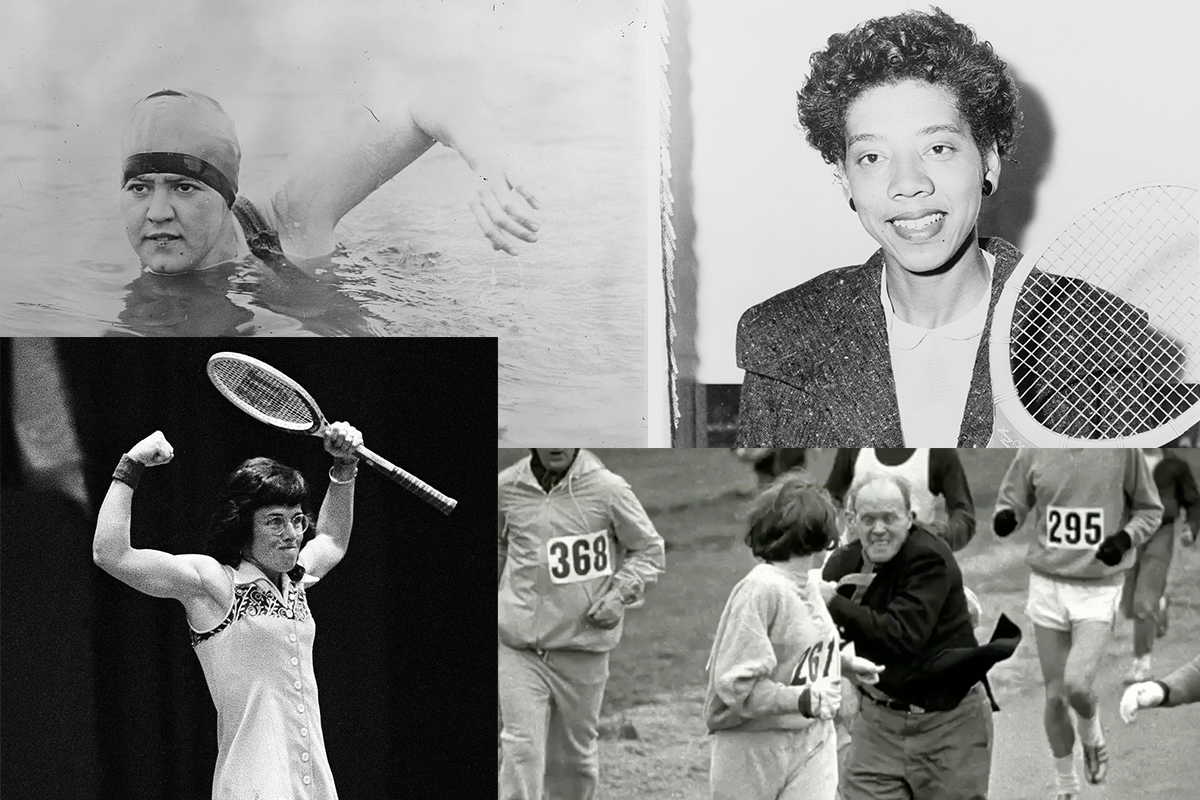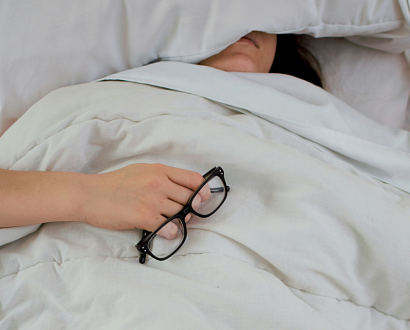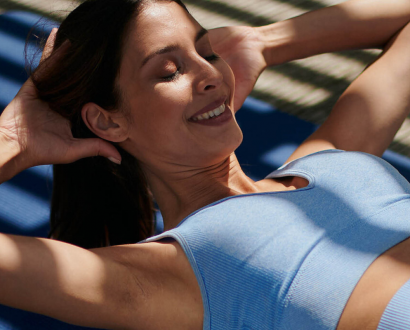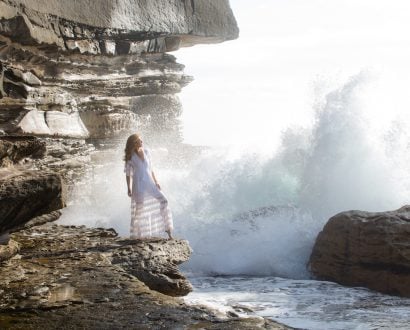Just like the arenas of politics and STEM, for a long time women were excluded and discouraged from participating in organised sport. It was considered a male domain — too masculine and aggressive for women, who weren’t thought to be strong or skilled enough.
Things have come a long way and women continue to make strides. Although women’s sporting achievements still aren’t given the same recognition as men’s, there are signs that things are improving. In Australia and the UK, television coverage of netball has become more extensive and more popular. There’s a new women’s AFL league in Australia. The US women’s soccer team is fighting for better pay and benefits on par with the men’s team.
Here are just a few of the women who wouldn’t take no for an answer, and proved women could and would play sports, climb mountains, swim great lengths and run marathons.
Female sporting firsts
Babe Zaharias
Babe Zaharias was one seriously sporty lady. In the 1930s, she was a star basketball player and an Olympic athlete, winning gold in both the 80m hurdles and javelin throw, as well as silver in the high jump. But she’s particularly notable for being the first woman to compete in a men’s PGA Tour event, the LA Open, in 1938.
Before I was ever in my teens, I knew exactly what I wanted to be when I grew up. My goal was to be the greatest athlete that ever lived. – Babe Zaharias
She’s the only person to win 17 straight women’s amateur victories and by 1950, she had won every golf title available. In total, Babe won 82 golf tournaments throughout her amateur and professional career.
Roberta Gibb & Katherine Switzer
In 1966, Roberta Gibb was the first woman to run the Boston Marathon, the most famous marathon in the world. She ran unofficially, hiding behind a bush at the start before sneaking onto the track and entering the race, as women were not allowed to participate. The following year, Katherine Switzer entered using her initials, so that she could register without officials realising she was a woman. However, an official chased her down during the race after spotting that she was not male. Images of what happened made the news and put women’s running in the spotlight. Roberta and Katherine proved that women could and should run marathons. In 1972, the rules were changed and women were allowed to enter the Boston Marathon.
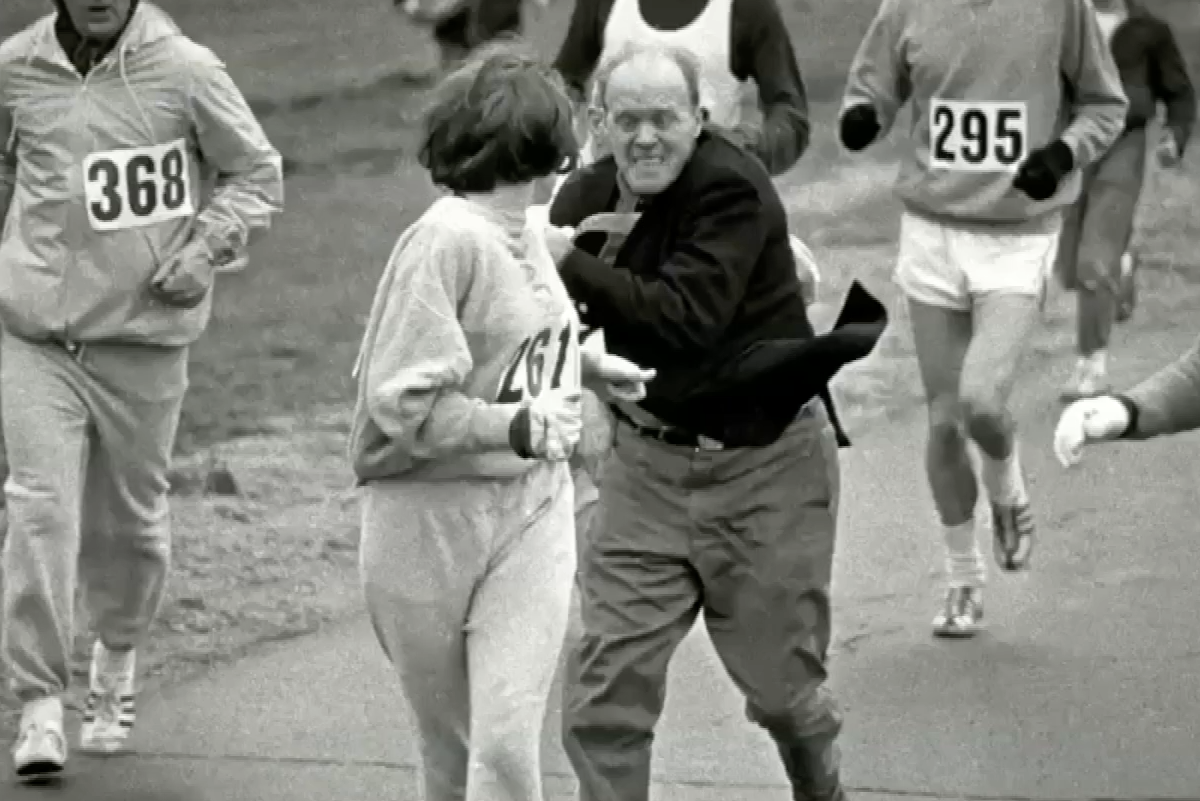
Triumph over adversity that’s what the marathon is all about. Nothing in life can’t triumph after that. – Kathrine Switzer
Billie Jean King
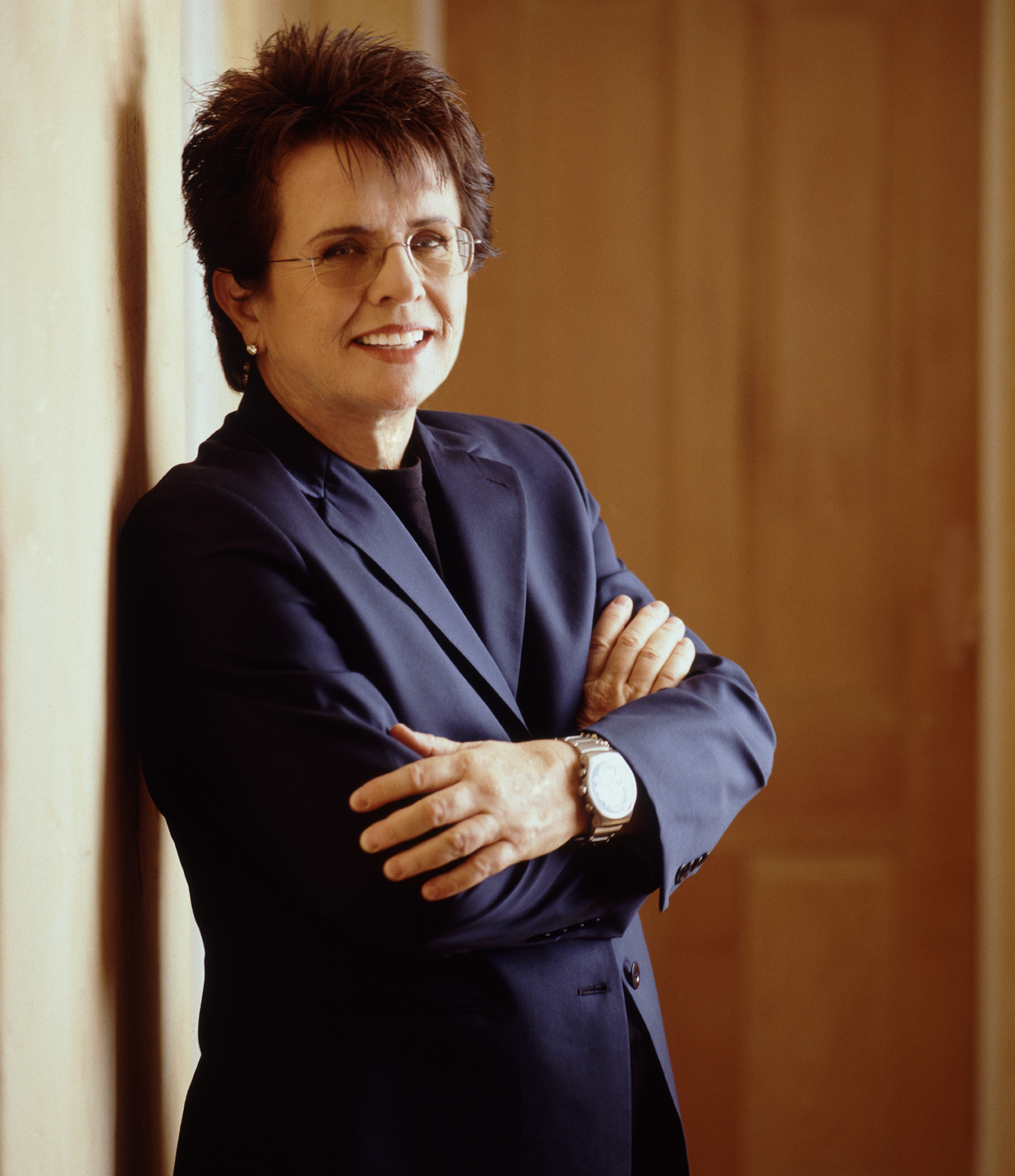
Legendary tennis player Billie Jean King has long been an advocate for gender equality, particularly in sports. In 1973, she won the infamous ‘Battle of the Sexes’, defeating Bobby Riggs in the three straight sets and proving once and for all that female tennis players are not to be taken lightly. She went on to found the Women’s Tennis Association and the Women’s Sports Foundation.
Ever since that day when I was 11 years old, and I wasn’t allowed in a photo because I wasn’t wearing a tennis skirt, I knew that I wanted to change the sport. – Billie Jean King
Junko Tabei
Japanese mountaineer Junko Tabei started the Ladies Climbing Club in Japan after men refused to climb with her, and accused her of only climbing to find a husband. She proved them, and their views on suitable activities for women, wrong.
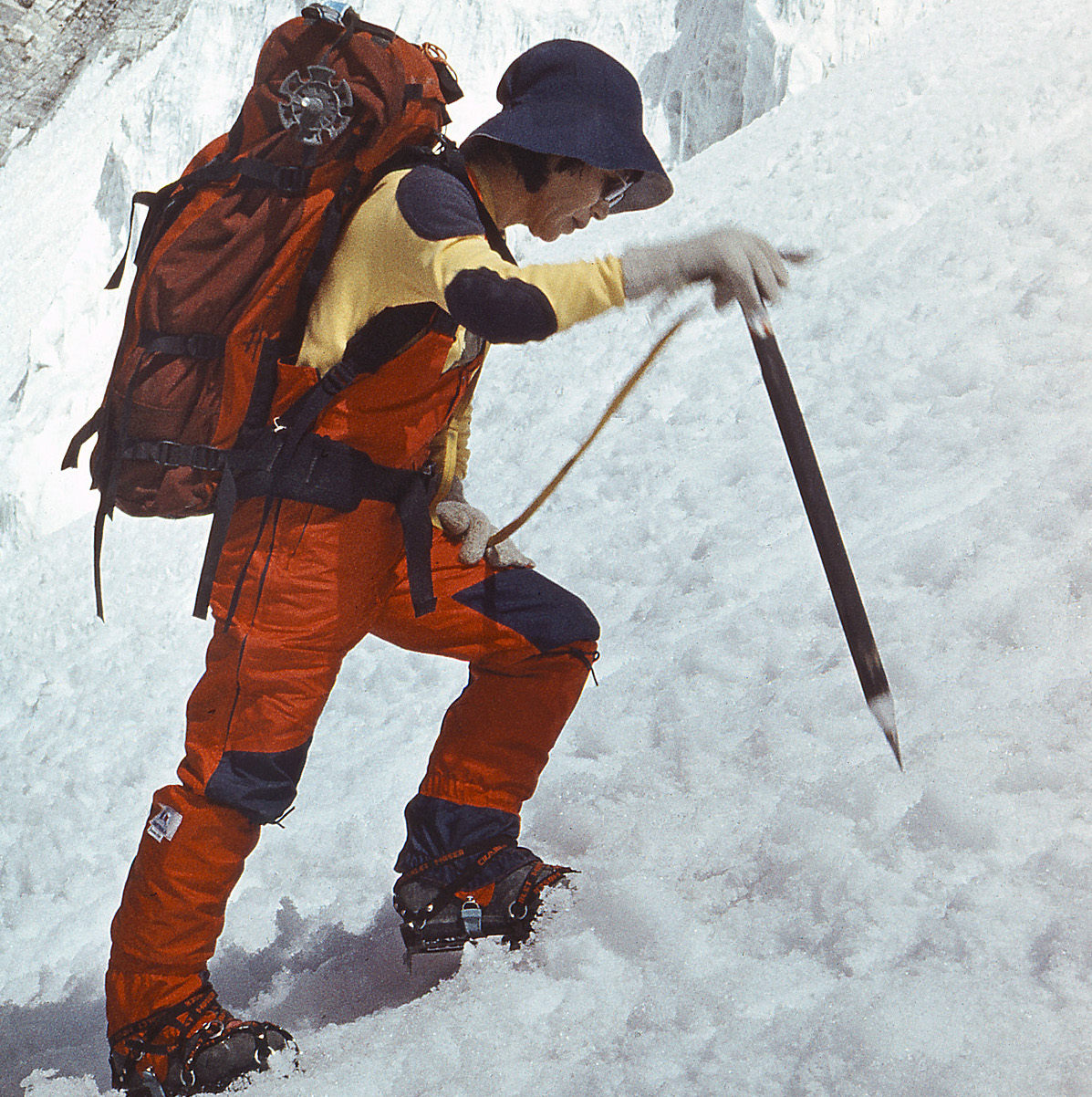
In 1975, Junko became the first woman to climb Mount Everest. She was also the first woman to conquer the Seven Summits — climbing the tallest mountains on each continent.
There was never a question in my mind that I wanted to climb that mountain, no matter what other people said. – Junko Tabei
Gertrude Ederle
In 1926, American swimmer Gertrude Ederle was the first woman to swim the English Channel. At the time, no one thought a women could complete the crossing and the odds against her success were 6–1. Yet Gertrude swam the distance faster than all of the five men who swam the Channel before her, despite bad weather blowing her off course, causing her to swim 35 miles instead of 21. She inspired thousands of women in America to learn to swim, and helped to legitimise women’s participation in sports.
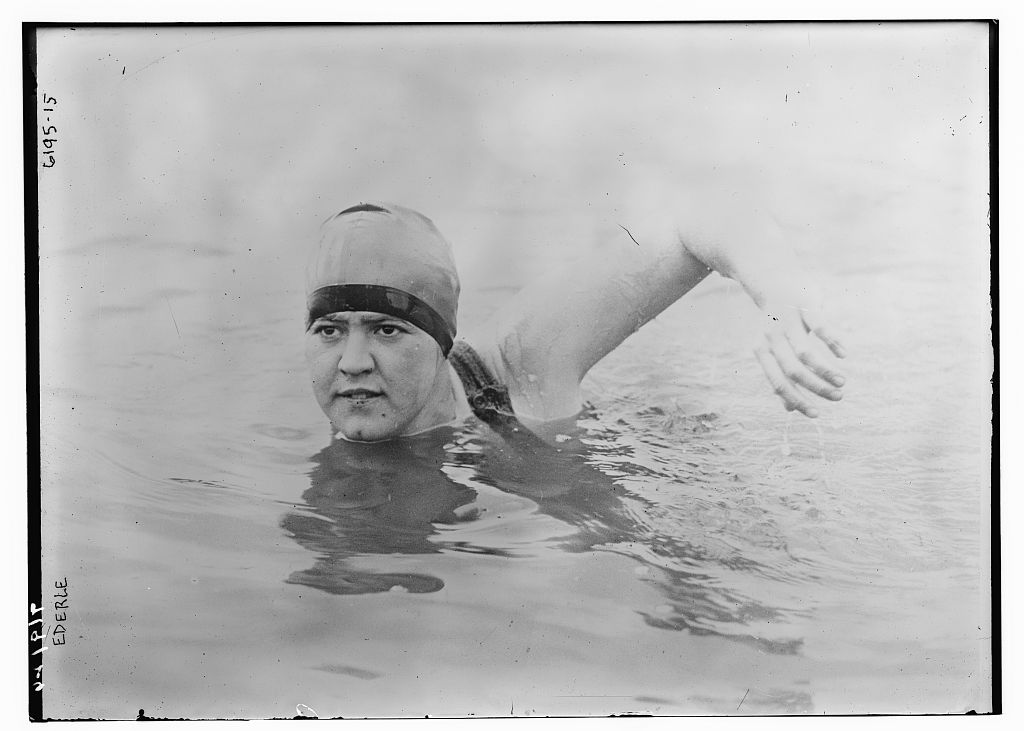
Olympic Firsts
Women were not allowed to participate in the first modern Olympics in 1896. The 1900 Summer Olympics in Paris was the first include women’s events — in golf, tennis and croquet. While Hélène de Pourtalès of Switzerland became the first woman to win a gold medal as part of a mixed sailing crew, the UK’s Charlotte Cooper was the world’s first female to win an individual gold medal, in tennis.
Over the years, there were many more female firsts at Olympic games as more and more women’s events were added. But it wasn’t until the 2012 Summer Olympics in London that women were able to compete in every sport. It was the first time the US Olympic team had more women than men. And it was the first Olympics in which Saudi Arabian women competed. There were two female athletes on the Saudi team.
More and more, I recognize my place in history and see that I can continue to be a powerful representation of something I believe in. Women should be able to do sports. It’s about sports being a positive in your life. – Runner Sarah Attar, one of Saudi Arabia’s first female Olympians.
Breaking down barriers
Some female athletes had to combat more than just gender prejudice.
Evonne Cawley was the first Indigenous tennis player to compete on a professional, international level. In the 1970s, she won singles and doubles titles at the Australian and French Opens and Wimbledon.
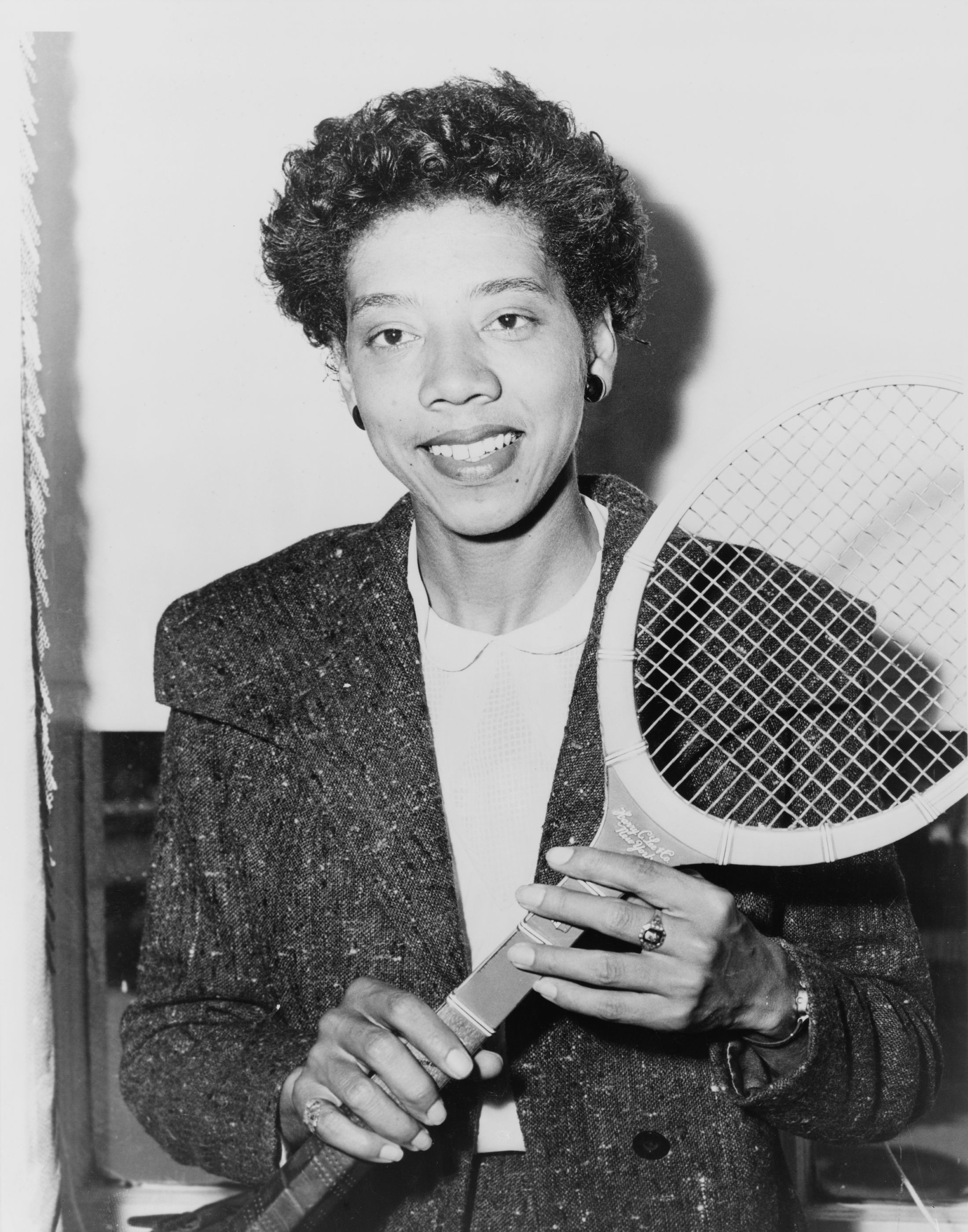
Nova Peris was the first indigenous Australian to win Olympic gold medal in 1996 as part of the Australian women’s hockey team.At just 16 years of age, Cathy Freeman became the first indigenous Commonwealth gold medallist, and she went on to win a gold medal for the 400m sprint at the 2000 Sydney Olympic Games.
Althea Gibson was the first black athlete to play international tennis and to win a Grand Slam title. She won the French Open in 1956. Alice Coachman, was the first black woman to win an Olympic gold medal. She set a world record for the high jump.
Dominique Dawes was the first African-American woman to win an Olympic gold medal for gymnastics.
Legacy

Babe Zaharias was the first woman to break into a man’s sport. She was also the first woman in sport to sign an endorsement deal, paving the way for other female athletes.
If it wasn’t for women like Roberta Gibb and Katherine Switzer, Amy Hughes may never have become the first person to run 53 marathons in 53 days.
Bille Jean King proved that female tennis players were a force to be reckoned with, and paved the way for athletes like Steffi Graff, Martina Hingis, Maria Sharipova, and Serena and Venus Williams. The Williams sisters also have Althea Gibson to thank for breaking down race barriers in their sport.

Junko Tabei was a role model for women in Japan and female mountaineers. She drastically changed how Japanese society viewed women and inspired women to follow in her footsteps, climbing mountains all over the world.
At the Rio Olympics last year, Simone Biles and Gabby Douglas were part of the US women’s gymnastics team that dominated the competition. Dominique Dawes proved that African American women could be Olympic level gymnasts.
In Saudi Arabia, women are not allowed to participate in organised sports or attend sporting facilities with men. But there are many who are fighting back, lobbying for women’s gyms, opening unlicensed gyms, and training for a chance to compete at the Olympics now that it is open to them.

